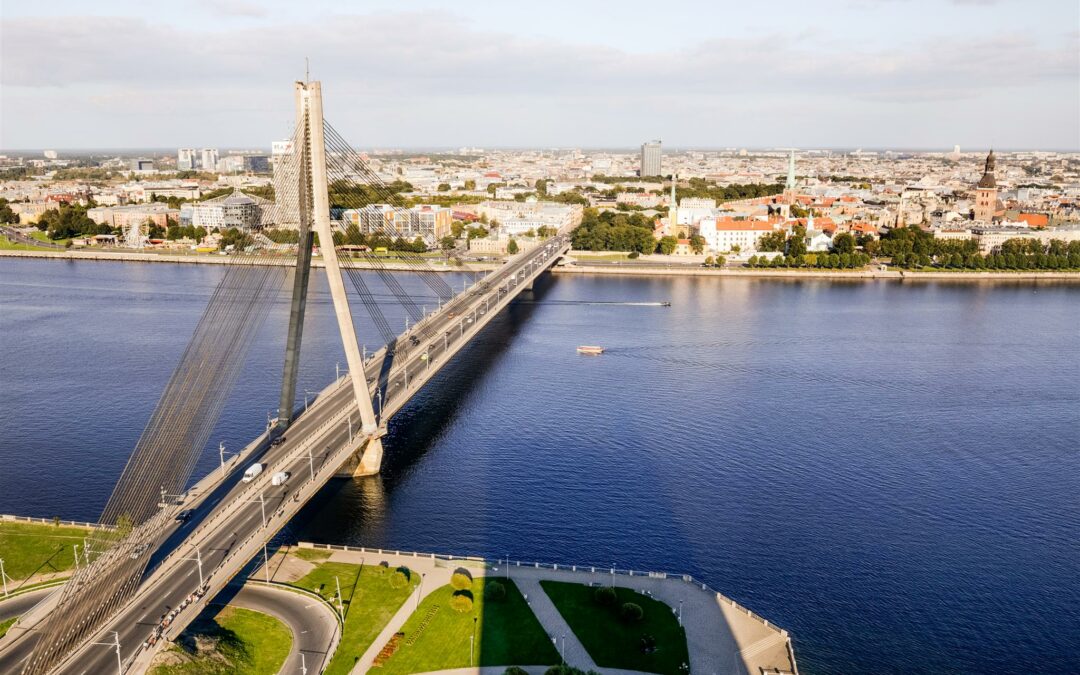Traditionally, City of Riga has established good public engagement practices and acquired invaluable experience in participatory urban planning. Consultations with the active part of the civil society are held on a regular basis, using different approaches, methods and citizen participation tools. Complementing the participatory measures prescribed by the law, ATELIER team in Riga organises Urban Planning Forums, Urban Living Labs, Co-creation Workshops, Hackathons, Climathons and other events on a regular basis.
In the energy planning sector, the first municipal coordination group in Riga was formed already in 2008 to support the elaboration of the first “Riga Sustainable Energy Action Plan” (SEAP). Also for this purpose, an external Advisory Board for Energy Efficiency was established in Riga City Municipality, consisting of Latvia’s most outstanding researchers for energy, engineering, construction, economics, and law. Since 2008 the number of involved stakeholders in energy planning has been growing due to regular contact with local and international businesses, funds, universities, national administration representatives and neighbouring municipalities as well as active citizens and their organisations. Regular communication tools such as actively promoted websites, social media, regular focus groups, quarterly newsletters and major events such as „Riga Energy Days” have yielded in a network of more than 200 representatives of various local, national and international groups that were engaged in the SEAP planning cycle – from development to implementation, monitoring and evaluation.
Public engagement in energy planning was activated and raised to a new level in 2020, when the new team of the Riga City Council began to work. Newly elected politicians declared climate-neutrality as their key strategic priority and in parallel, within the framework of ATELIER the Smart City Planning Group (SCPG) was set up – a cross-sectorial group to plan and coordinate climate adaptation, mitigation, and decarbonisation actions in Riga City Municipality. It acts on two levels:
- core group as a decision-making body, consisting of municipal politicians, relevant specialists from municipal departments and municipal services providers;
- wider group as an advisory board, involving experts from academia and research institutions, relevant regional and national experts, energy services providers, representatives from professional associations, funds, NGOs and active civil society.
SCPG is currently engaged in development of the new “Riga Sustainable Energy and Climate Action Plan 2022-2030” (SECAP) – one of the most discussed energy and climate action plans in Latvia. During the elaboration of the first draft of SECAP, 18 SCPG meetings and focus group discussions were conducted in smaller and larger formations, involving more than 280 specialists. Seven thematic SCPG focus groups were set up each responsible for one of the following sectors:
- Energy production (heat energy and electricity, RES integration)
- Multi-apartment residential buildings (massive retrofits, innovative construction materials and energy solutions)
- Municipal infrastructure (municipal buildings, urban lightning, municipal transport fleet)
- Communication on environment and climate (education, energy efficiency measures in public buildings, energy communities, promotion, circular economy, open data and digitalisation, etc.)
- Transport (sustainable public, commercial, and private transport)
- Adaptation (integration of adaptation measures in urban planning at all planning levels)
- Mitigation (ambitious resilience and climate-neutrality policies)
At present, the draft SECAP has been circulated to all SCPG members for the round of review, in the following, the public consultations will start.
One of the key advantages of SCPG involvement so far has been their expertise in assessment of long-term economic, fiscal, environmental and social benefits of SECAP measures planned to be undertaken in Riga city, serving as a sound, well-justified argumentation for political decisions. Approach to SECAP development in Riga foresees further involvement of SCPG in the monitoring of SECAP implementation, applying the above-described thematic focus groups approach and thus facilitating knowledge-based assessment of the progress in achievement of set SECAP objectives.
Photo: Panorama of Riga city. Credits: City of Riga
